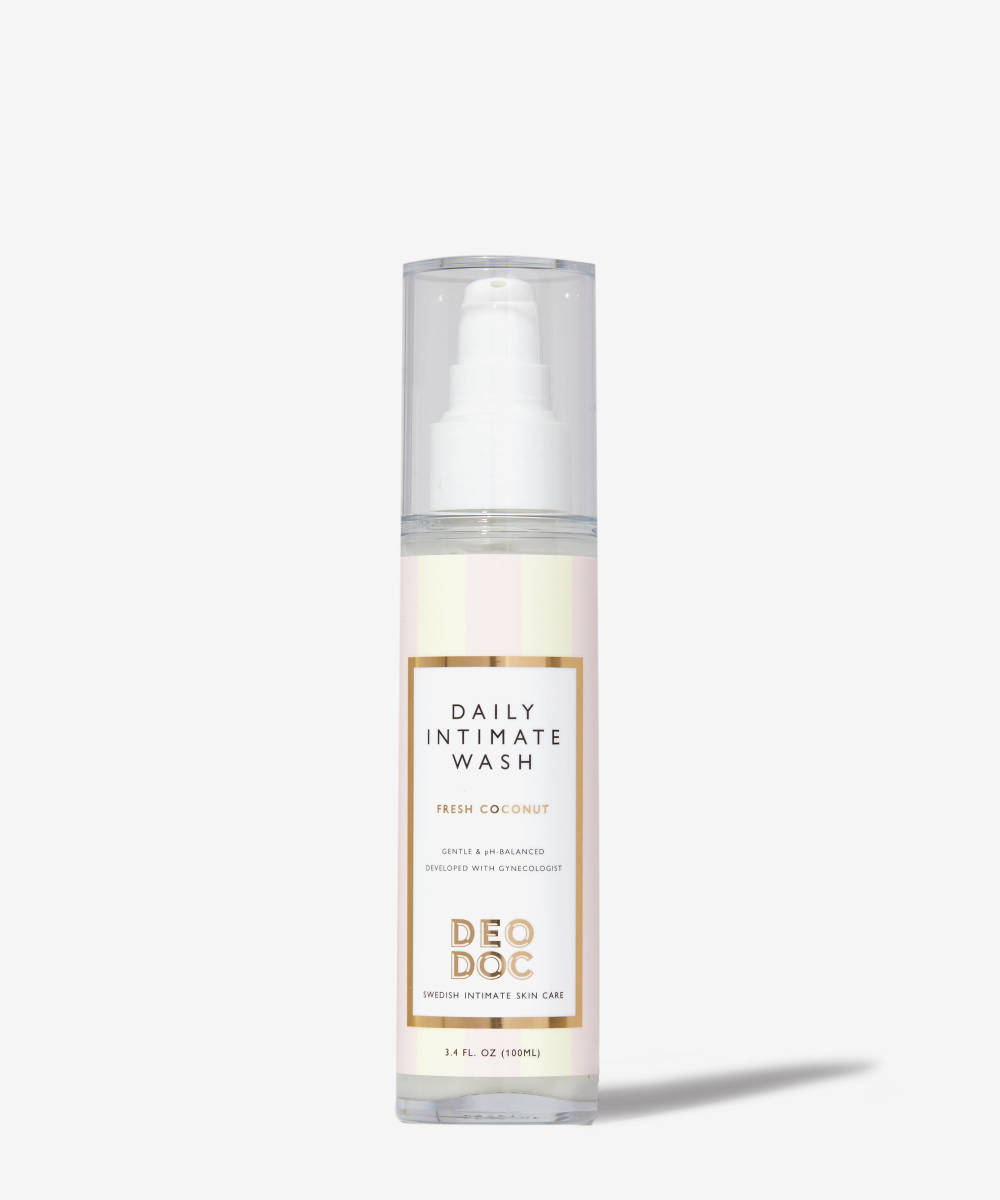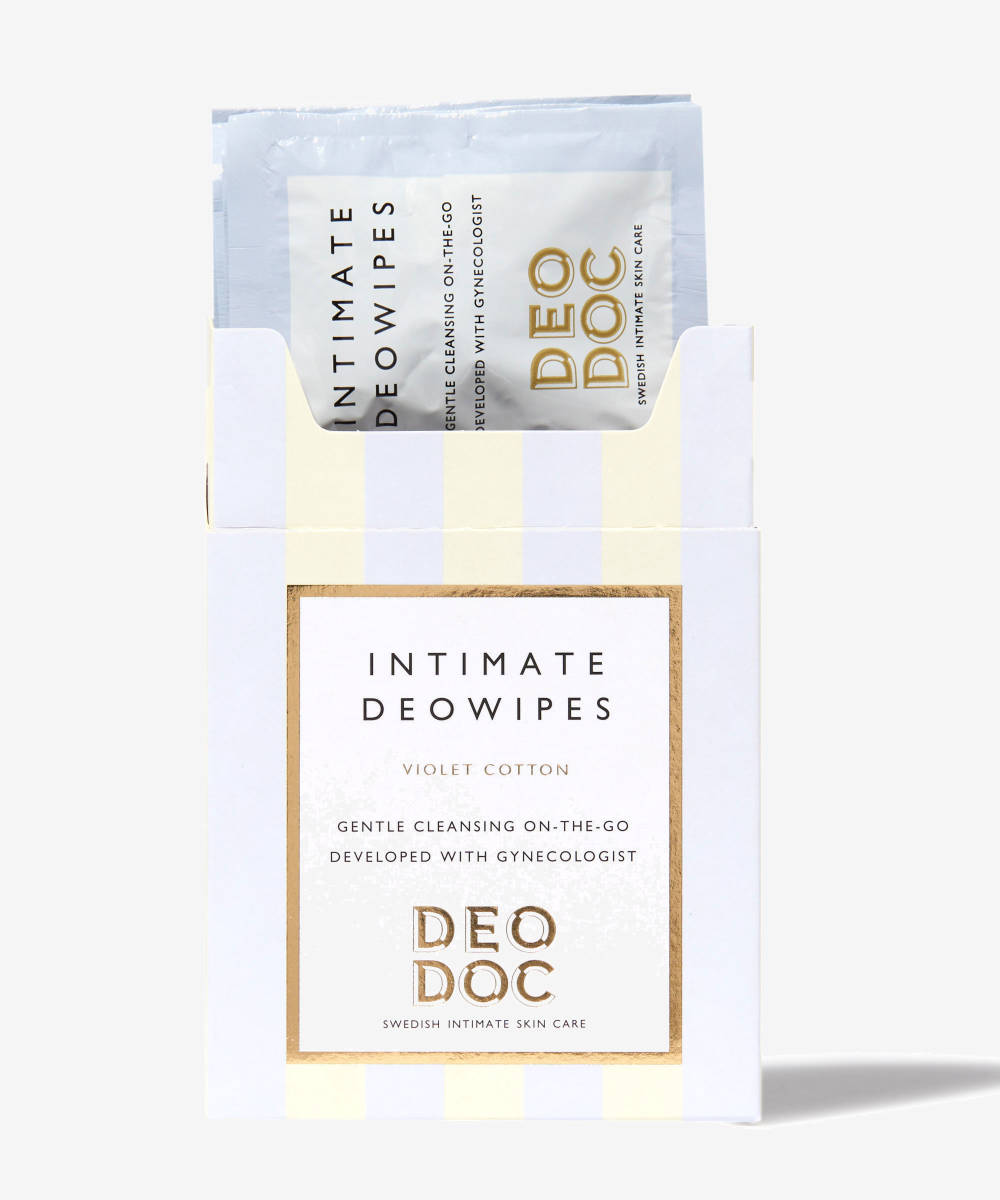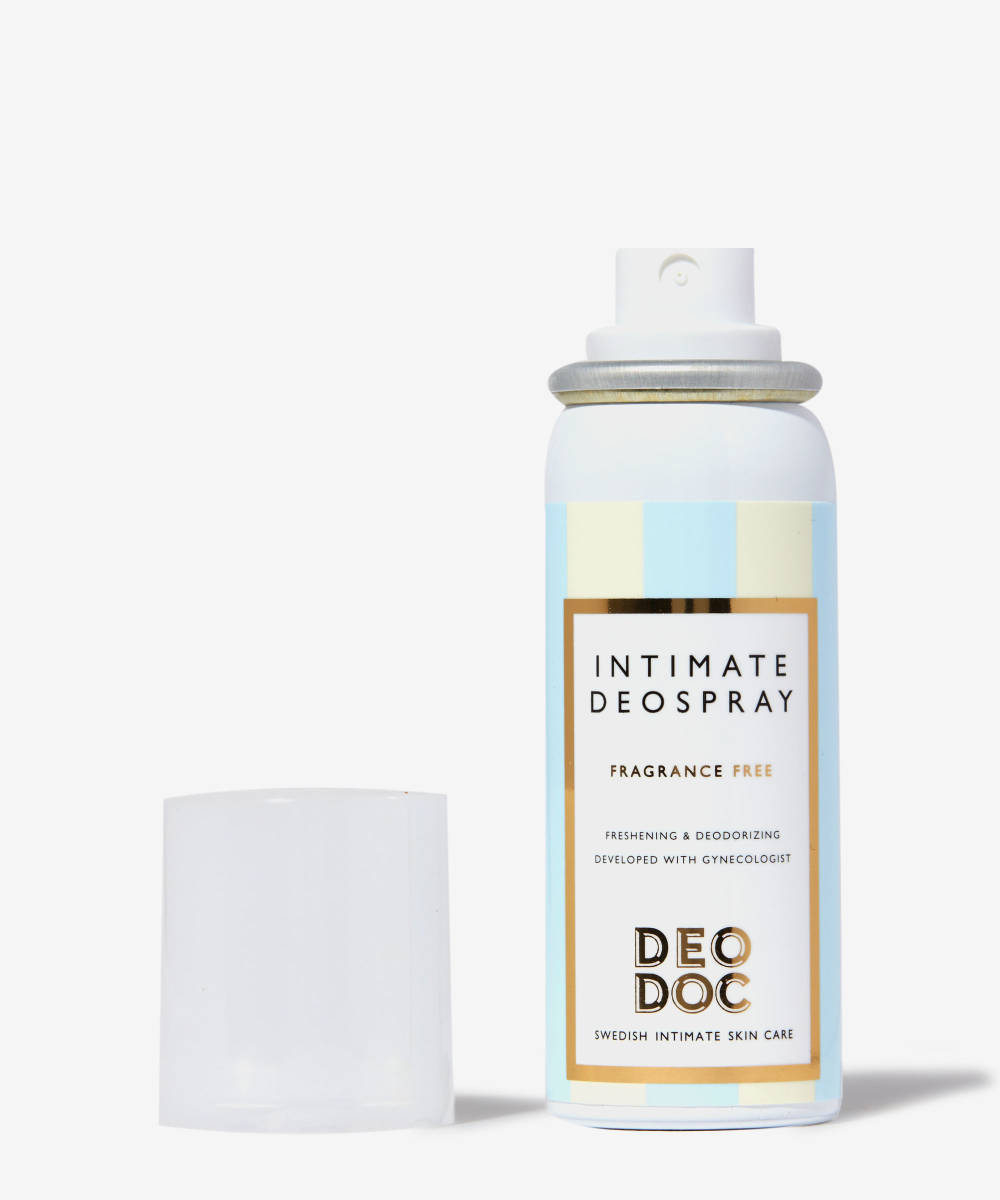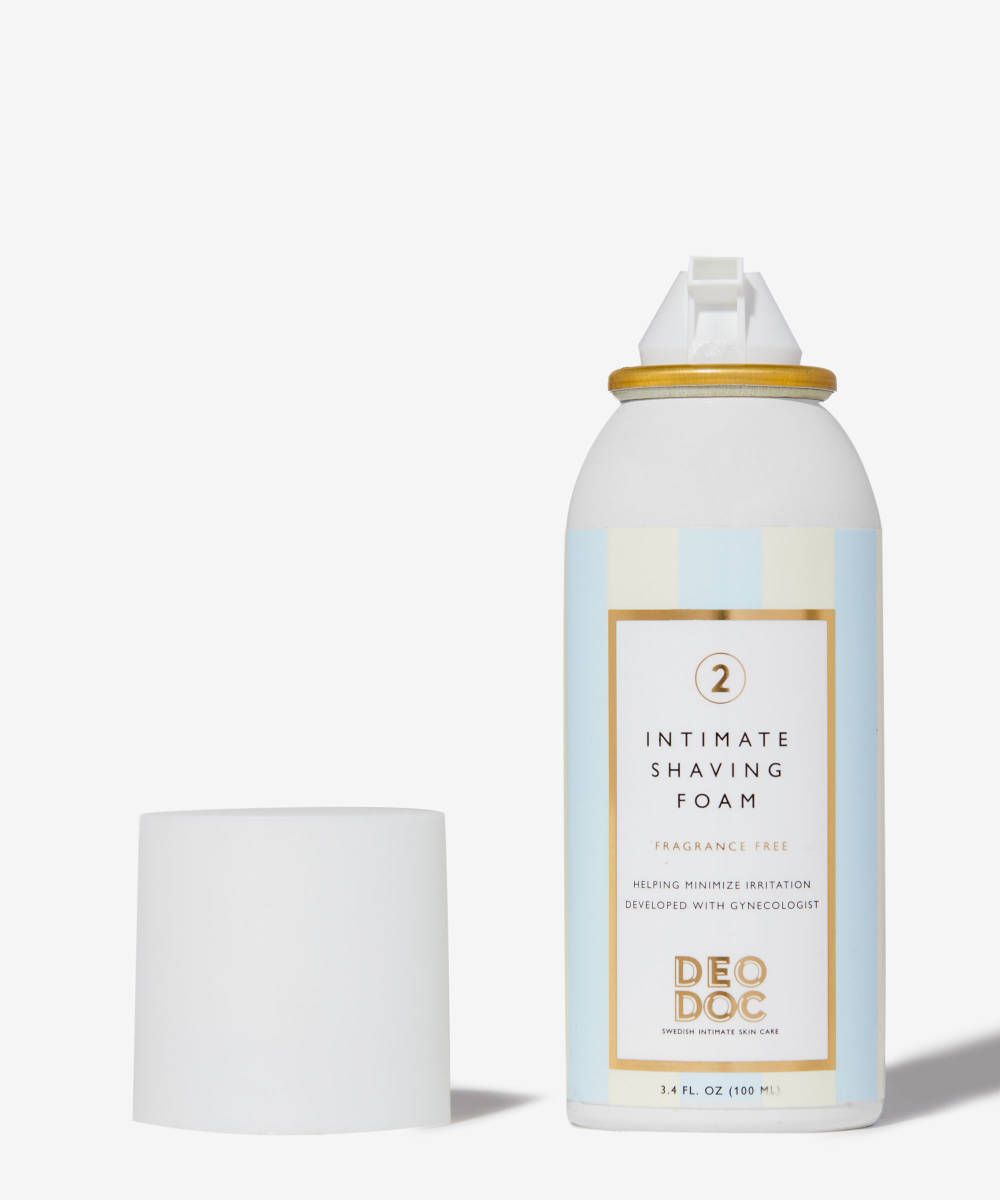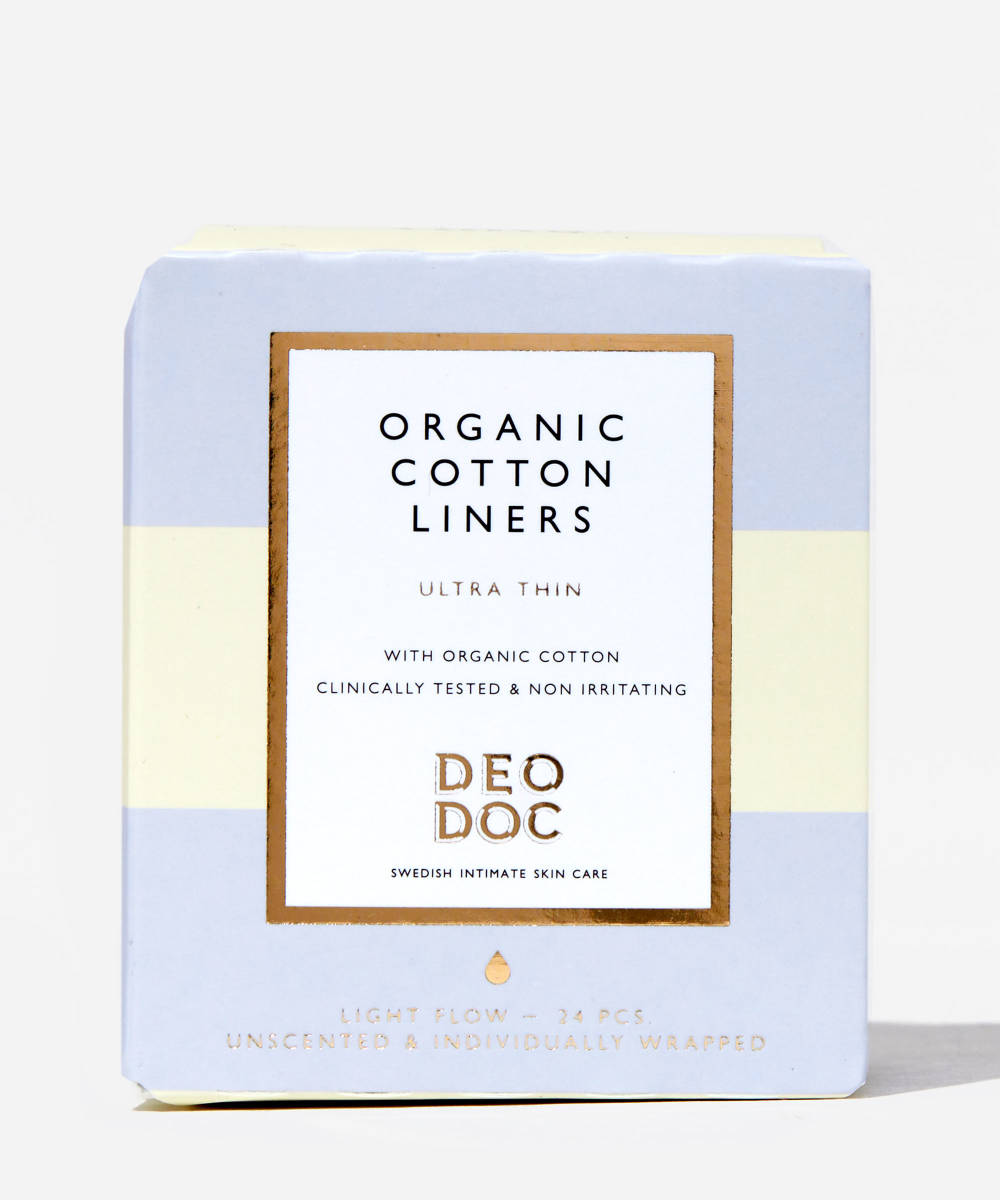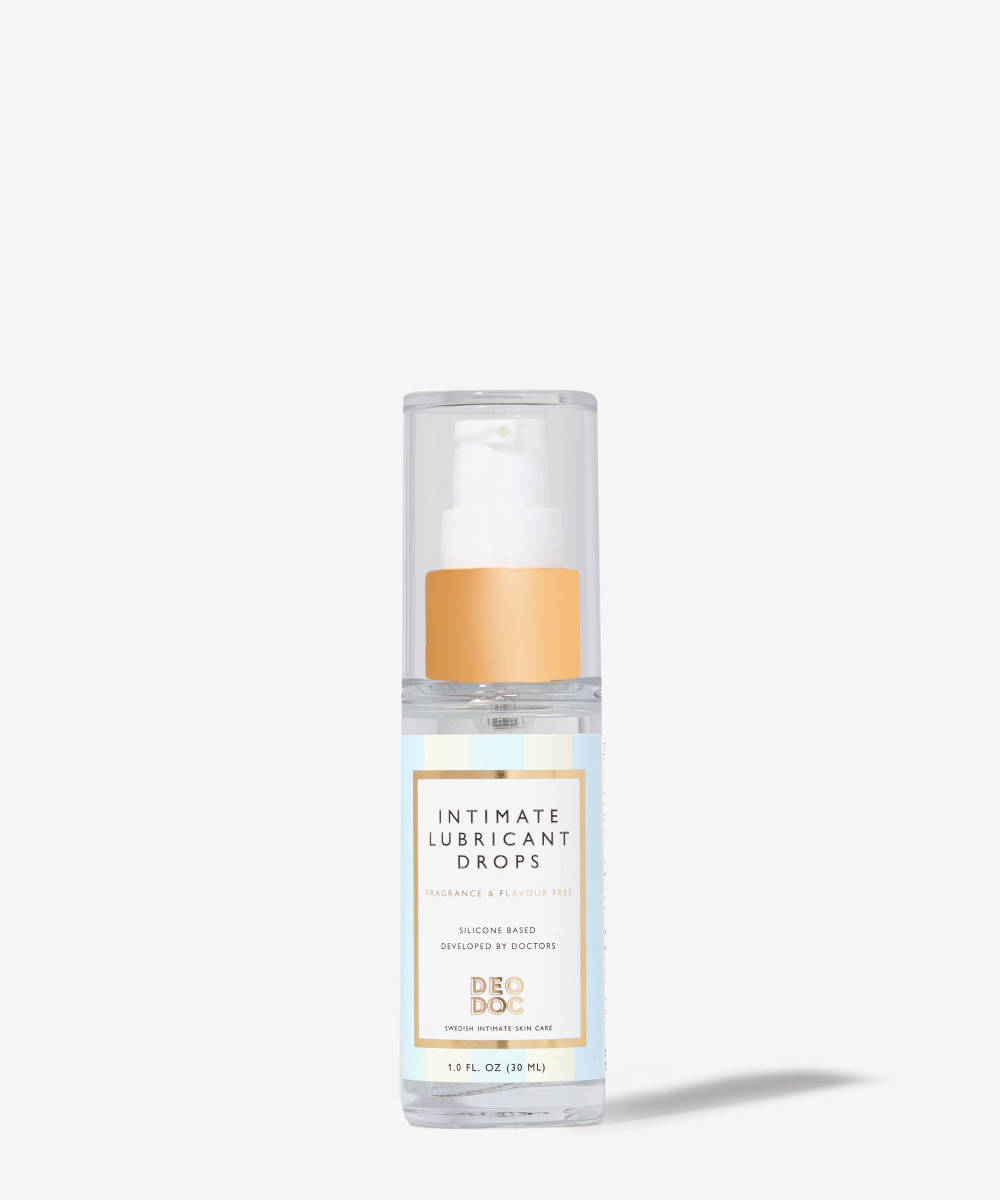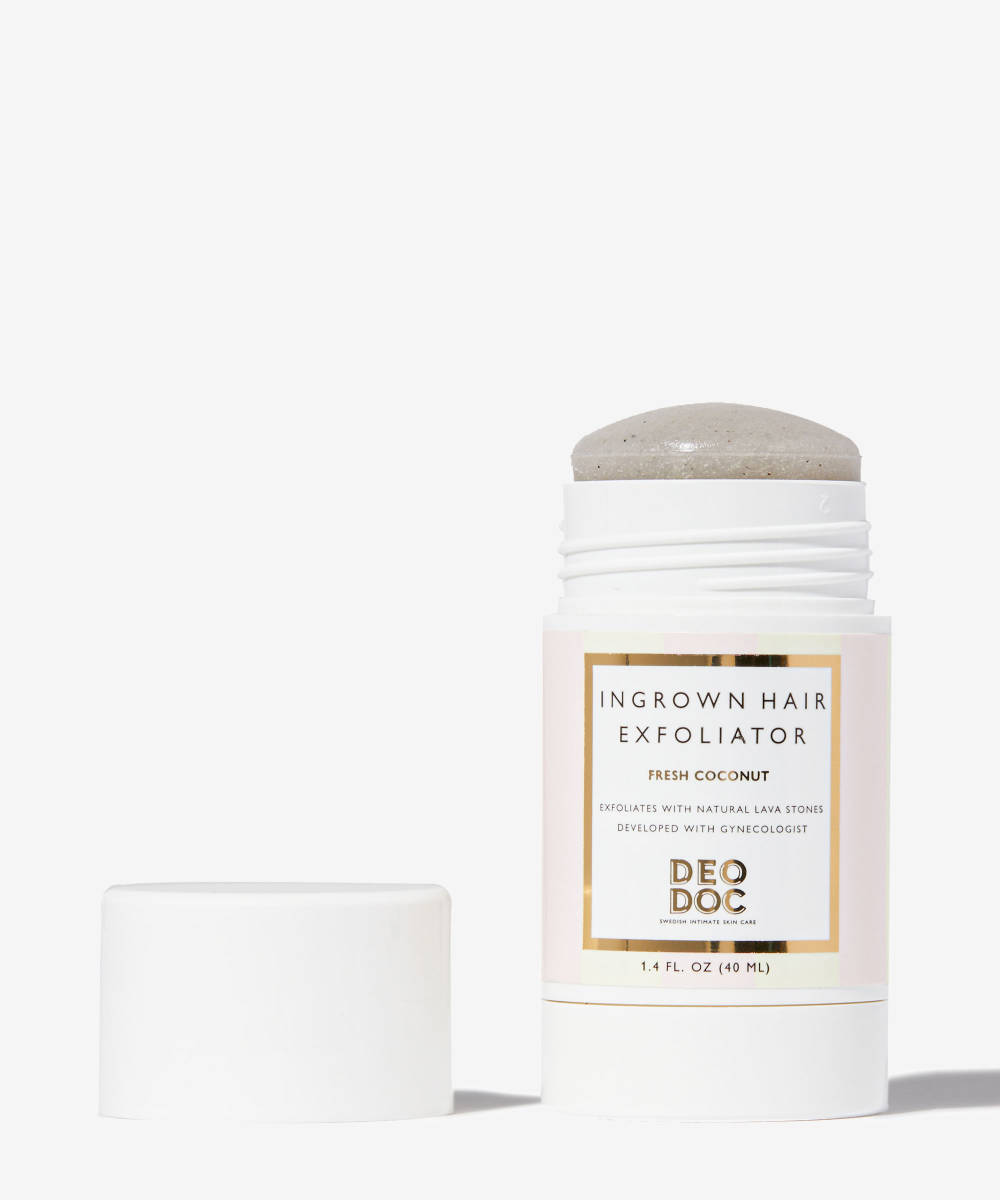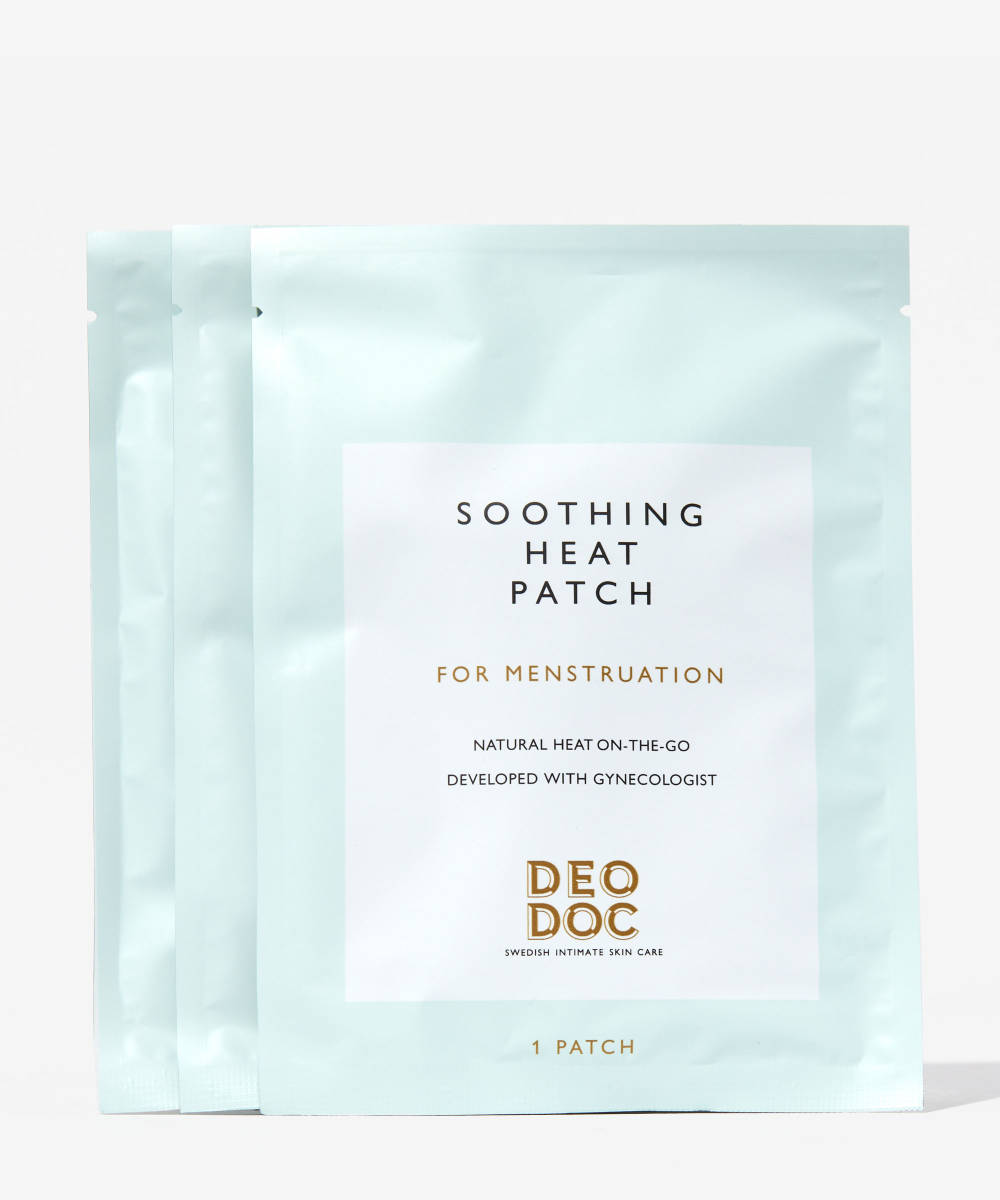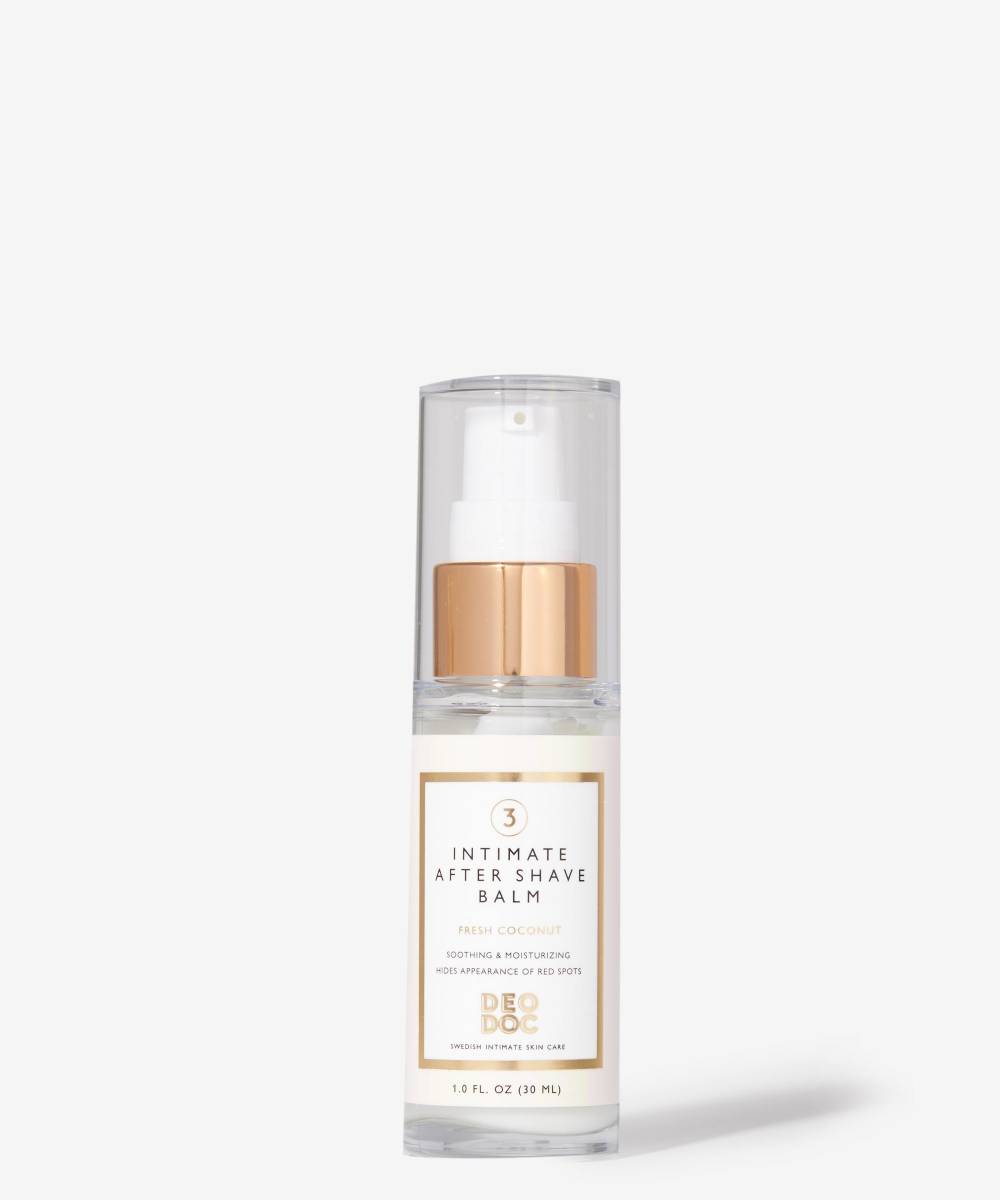When it comes to intimate care we like to think that we’ve got it all under control, however given the complex nature of our bodies, we can’t help but feel that we’ve barely scratched the surface when it comes to looking after the health of our vaginas and vulvas. We devote dedicated routines to our skin and hair, so are we looking after the rest of our bodies as well as we could be?
We spoke to Dr. Gunvor Ekman Ordeberg, OB-GYN and co-founder of DeoDoc Intimate Skincare to get the important facts we really ought to know…
1. You have a vulva and a vagina
“Often the entire intimate female anatomy is wrongly referred to as the vagina. Actually, your vagina is the internal canal that leads inward up to the cervix. Everything else that is visible to the eye (clitoris, inner & outer labia, urethral opening, vaginal opening) – is your vulva.”
2. The vagina is self cleansing
“The vagina has a pH of 3.5 – a very acidic environment (almost like a lemon), so no soaps, body washes or douches should ever be used inside your vagina as the vagina is self-cleansing,” advises Dr. Ekman Ordeberg. “Vaginas naturally produce discharge as a completely normal housekeeping function.”
3. The vulva is not self cleansing
“The vulva is not self-cleansing and can be washed. The vulva has apocrine sweat glands (exactly the same sweat glands that we have in the armpits) and urine can get stuck, which can give a bacterial build up during the day and cause odor. Just as people wash under their arms, the vulva can be cleansed, but only with products specifically formulated for the vulva.”
4. Why the vulva need its own products
“The vulvar area can not be treated as any other part of our body,” says Dr. Ekman Ordeberg. “It has its own ecosystem and a delicate pH (pH 5) that must stay in balance to prevent infection and irritation. Additionally, the vulva has the most sensitive skin on our bodies, it is thinner than the skin around our eyes. If products are used for the vulva, it needs to have pH 5 and be formulated without allergens, essential oils or normal perfumes as this can disrupt the vulvas natural flora and thus cause irritation, discomfort and thrush.”
5. Why you should never use normal washes or regular soaps on your vulva
“Regular washes or soaps have a pH of 8-10, which is too high for the vulvar skin (vulvar skin has pH of 5). Normal soaps also usually contain regular perfumes and allergens which can irritate the sensitive vulvar skin.”
6. The same sweat glands that we have in the armpits are also located in the vulvar and groin area
“The vulva has identical sweat glands (apocrine sweat glands) as the armpits. The sweat glands are connected to hair follicles, which means that wherever you have hair, you can sweat. Vulva sweat and odor is very normal, just like odor under the armpits is very normal.”
7. Conventional tampons and pads/liners are made out of plastics and synthetic fibers
“This is something we as doctors and gynecologists did not even know. But most conventional products on the market are made of synthetic fibers and plastics. As plastic does not breathe, it helps create a humid environment which can cause irritation and discomfort. In tampons, it can even cause shedding of fibers in the vagina. When looking for proper menstrual care products, be sure to look for 100% organic top sheet and core, as cotton is gentle on skin and allows the area to breathe.”
8. What should you look out for when it comes to intimate hygiene/care
“The basic do’s and don’ts for intimate care comes down to formulation,” recommends Dr. Ekman Ordeberg. She recommends looking for products that are made for the vulva with a pH 5 and with hypoallergenic scents (or are fragrance free), and staying away from products that say:
· they are for the vagina
· have a pH other than 5
· formulated with regular perfume (only hypoallergenic scents are approved for intimate skin)
· formulated with allergens
· organic formulations (usually these products are packed with allergens that cause allergies/irritation)
· essential oils (essential oils are prone to give allergies to people with sensitive skin, atopic dermatitis, eczema or a history of skin reactions to topical products)
9. How to choose a lubricant
“When shopping for lubricants, be sure to look for silicone-based lubricants,” recommends Dr Ekman Ordeberg. “Water-based lubricants contain preservatives to prevent bacterial build up within the formulation, which could then kill the ‘good bacteria’ we have in the vagina. As silicon based lubricants however do not contain any water, hence no preservatives are needed. Therefore, it will not interfere with your vaginas pH.”

